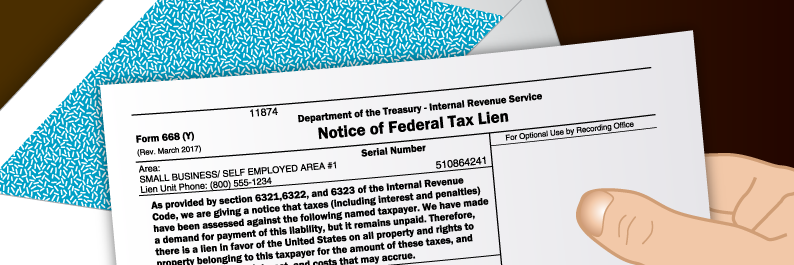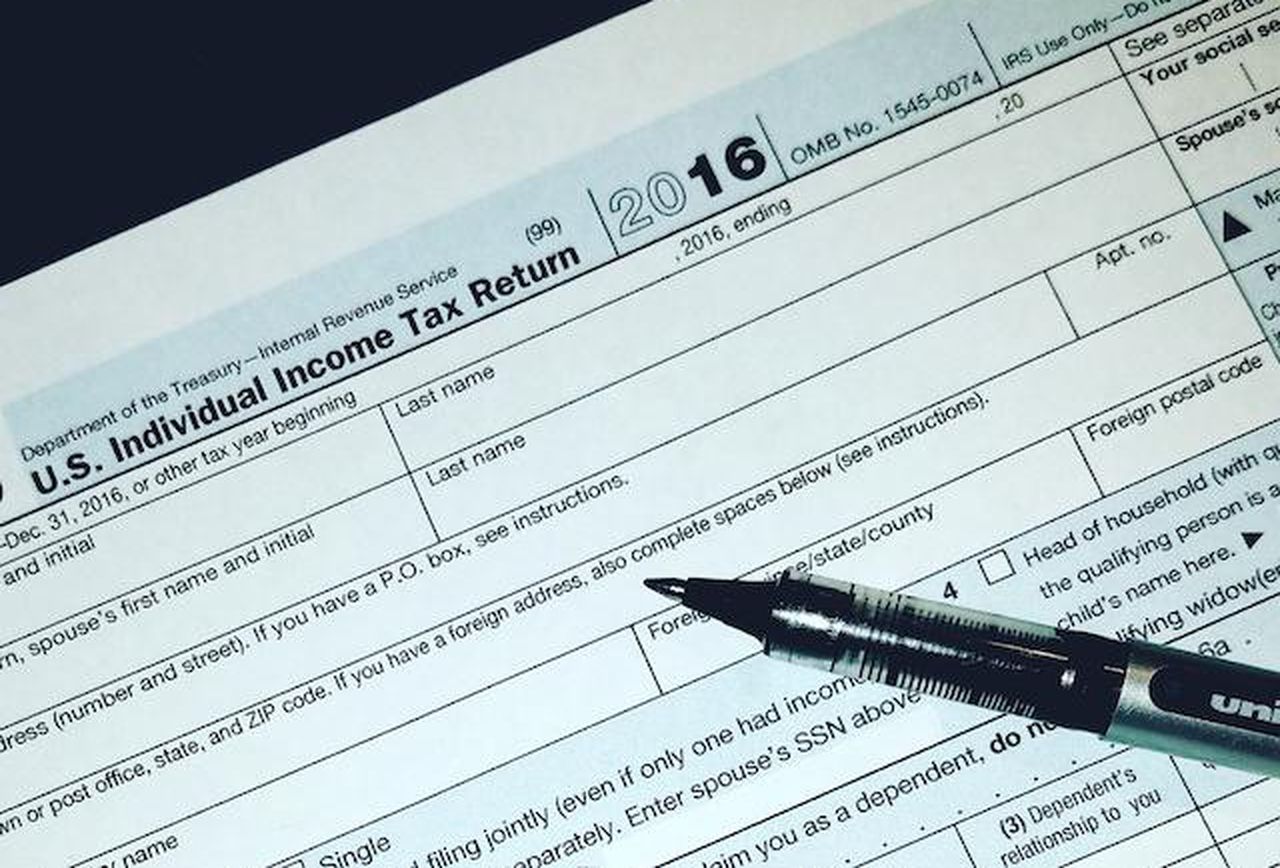You hear it all the time on the news about someone getting their bank account levied or someone getting a lien placed on their house. It seems scary and like most things with the IRS, the difference between a lien and a levy can be confusing to a taxpayer. Most taxpayers aren’t sure what an IRS wage levy is or how to know if you have a tax lien. We decided to break down the difference between a levy and lien and what you can expect from either action.
The Difference Between an IRS Tax Lien and an IRS Levy
Audits can be scary and confusing to most taxpayers. Most don’t know how or what the IRS looks at to determine who to audit each year. Audits can be a long and exhaustive process that examines every aspect of your financial history for the tax year in question. The average taxpayer won’t be audited in their lifetime, but it could happen to you. To help you learn more about audits, we have your biggest questions about IRS audits and the answers for those very important questions.
Tags: Tax, audit help, Audit
How to Determine if You can Claim a Dependent on Your Tax Return
Tax season is upon us and as your life changes each year, so does the way you file taxes. One of the biggest changes can be when you have a child or when your parent moves in with you. Both of those changes can give you the opportunity to save money by claiming them as your dependent.
For every qualified dependent you claim, you can reduce your 2017 taxable income by $4,050. That can add up to a lot of money, but how do you know who qualifies as a dependent? Well, there are two types of dependents and each type is subject to different rules. For both types of dependents, the dependent must be a U.S. citizen or a resident of Canada or Mexico. You also can’t claim someone who takes a personal exemption for their self or claims another dependent on their own tax form. This also applies to someone who is married and files a joint tax return.
Tags: Tax Return, Tax, Tax Deductions




